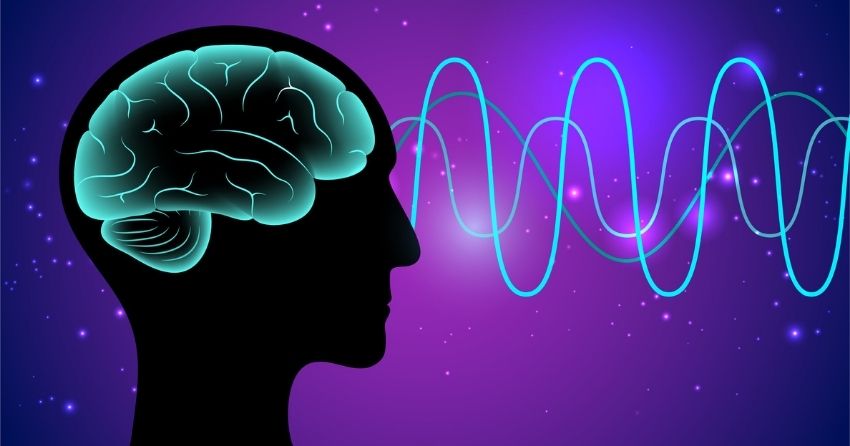Neurofeedback Brain Training Enhances Cognitive Function

-
A new brain training method involving neurofeedback allows researchers to monitor people's brain activity as they perform tasks.
-
Participants in this study were divided into three groups: brain training with neurofeedback; brain training only; or simply playing a puzzle game for 20 minutes every day for four weeks.
-
The brain training used structured practice to train participants' processing speed, memory span, and attention by doing three different games in each category. The people receiving neurofeedback saw their screen color change according to how well they performed, and were then able to freely increase their brain activity according to their responses.
-
Participants who did brain training plus neurofeedback showed significant improvements in episodic memory, working memory, and attention compared to the other groups.
This article was posted on EurekAlert.org:
Brain training is structured and repeated practice that aims to improve cognitive functions. Studies on the impacts of brain training have produced mixed results. Nevertheless, researchers are still interested in exploring brain training's effects.
Now, a research group led by associate professor Rui Nouchi and professor Ryuta Kawashima from Tohoku University has developed a new training method involving neurofeedback, allowing trainees to monitor their brain activity as they perform tasks.
Neurofeedback has been used for decades to reinforce healthy brain functions. With previous research reporting a positive correlation between enhanced brain activities during brain training and improved cognitive functions, the research team was eager to discover whether brain training with greater brain activity via neurofeedback would positively impact cognitive performance.
To do so, participants in the study were divided into three groups. One group received brain training with neurofeedback; another received brain training only; and the last group were simply asked to play a puzzle game for 20 minutes every day for four weeks.
The brain training trained participants' processing speed, memory span, and attention by doing three different games in each category. The group receiving neurofeedback saw their screen color change according to how well they performed. They were able to freely increase their brain activity according to their responses.
"We found that participants who did brain training with neurofeedback showed considerable improvements in episodic memory, working memory, and attention," said Nouchi.
Details of the study were published in the journal Brain Sciences.
Nouchi stresses that more engagement whilst brain training might be the key to unlocking its benefits. "Our discovery points to the fact that greater brain activity during brain training is an important factor for improving cognitive functions."
JOURNAL
Brain Sciences





